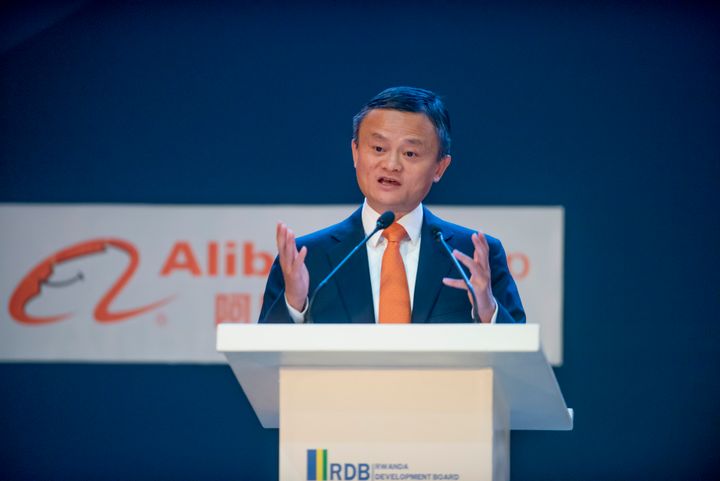China Launches its First Computing Power Trade Platform

China has launched its first trading platform for computing power, aimed at integrating computing resources to support the development of strategic industries, including artificial intelligence and ChatGPT-like applications.
The platform went online in Yinchuan, Ningxia Hui autonomous region, and will integrate computing power resources from 27 companies and institutions, including tech companies Sugon, Huawei Technologies Co, ZTE, Alibaba Cloud, and China Telecom, Chinese state-backed news agency China Daily reported based on news portal Jiemian.
In addition, major domestic big data institutions and AI companies such as Baidu and Sense Time are also among those connected to the platform.
Before the platform's launch, customers needed to consult multiple computing enterprises when purchasing computing services. These enterprises operate independently and lack a unified allocation of resources – the issue that the platform aims to address and maximize efficiency.
The platform involves sending data gathered from the more prosperous eastern regions of China to the less developed but resource-rich western regions for storage, calculation, and feedback, and for establishing more data centers in western parts of the country.
The goal is to not only improve the imbalance in the layout of digital infrastructure in China but also maximize the value of data as a production element, China Daily reported.
Ningxia, which hosts the new platform, has also started to build a GPU large computing base in Zhongwei to support ChatGPT-like applications. Once completed, it will also be connected to the trading platform for supporting Chinese AI companies.
The news comes amid rising tensions over ChatGPT, leading to Chinese regulators warning big tech companies not to provide ChatGPT services.
Earlier in the week the state-backed China Daily wrote on Weibo, a Chinese Twitter-like platform, that the chatbot "could provide a helping hand to the U.S. government in its spread of disinformation and its manipulation of global narratives for its own geopolitical interests."



